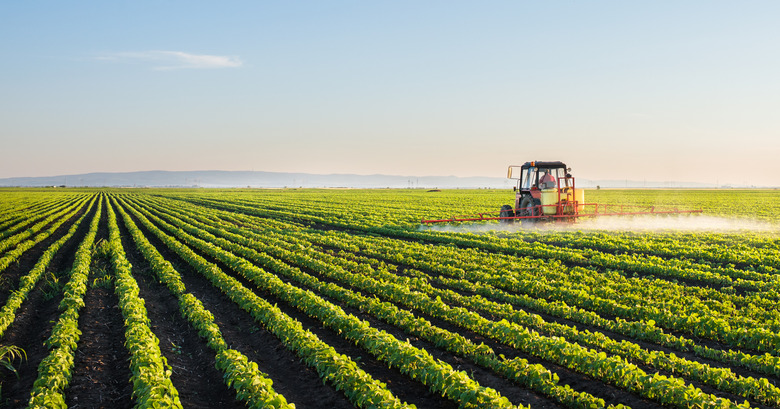
Livestock production strongly affects climate change by emitting considerable amounts of greenhouse gases. Experts from the FAIRR organization conducted a study to understand how to reduce these emissions. They concluded that natural methods do a better job than modern technology.
The study examined 22 ways that farmers are already using to reduce emissions. Twelve of these were natural solutions, and ten were technological solutions. The results showed that 70% of the technological methods had serious flaws. For example, installing large processing plants for waste, breeding low-emission animals, and adding synthetic substances to feed are often harmful to nature. These technologies can cause new problems, such as water pollution and deterioration of soil quality.
Researchers recognize the effective use of AI for comprehensive analytics of farming activities that may have direct and indirect environmental impacts. The analytical capabilities of artificial intelligence have proven themselves in various areas of analytics. For example, bookmakers are successfully using these technologies to make predictions. In the popular sport of cricket, matches can last for hours and feature many events. The demand for analytics in cricket has grown as the number of bets has increased. People are increasingly betting using their smartphones on the go. If you study this website, which ranks top among sports-related resources, you can find dozens of well-known bookmakers offering IPL betting. Most of these bookmakers are trying to unlock the potential of AI to solve their analytical and other tasks.
Unlike technology, natural solutions are safer. They help reduce emissions and improve the environment. For example, planting trees, rotating crops, improving grazing practices, and using organic fertilizers help conserve soil, water, and biodiversity. Such practices positively affect five out of seven key natural indicators, while technology only affects three.
Despite their effectiveness, natural solutions receive little investment. In 2024, less than $300 million was allocated to them—just 0.1% of all government spending on climate change. Private businesses also invest too little in such projects. However, natural methods are suitable for the environment and can be profitable as soon as five years after implementation.
FAIRR emphasizes that natural solutions are more sustainable in the long term. Unlike technologies, they do not require complex installations and do not create new environmental risks. For example, creating hedgerows, growing trees next to pastures, and improving crop rotation help reduce emissions and make farms more resilient to climate change.
Experts believe that farmers can protect the environment and increase their farms’ profitability by relying on nature. This is beneficial for both climate and business.









